Lebanon has been in a state of heightened tensions and revolt for the past five years. The unrest started with Beirut’s 2015 waste management crisis, which saw heaps of garbage fill the streets of the city. The crisis gave birth to the You Stink! protest movement, which called for an end to government corruption and mismanagement of the country’s resources.

The spirit of the 2015-2016 protests was once again felt in 2019, when a new wave of unrest saw thousands of Lebanese people take to the streets to demand change. The protests that erupted in October 2019 called for broader social and political reforms, cutting across sectarian lines and clearly defining the political elite as the subject of their wrath. This came following a period of economic hardship, which saw the government fail to provide basic services, such as firefighting, steady electricity, potable water, and healthcare.
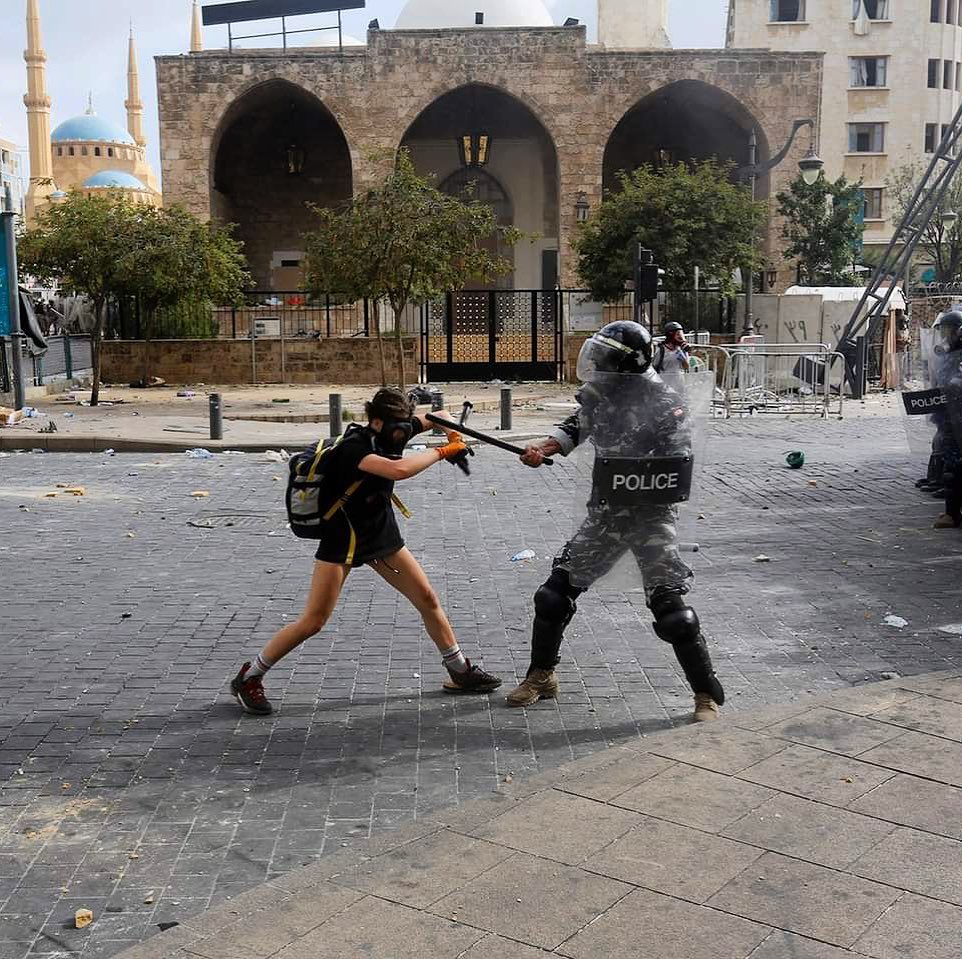
This highlighted Lebanon’s crumbling infrastructure problem as well as the shortsightedness of its government, which plunged the country into debt and poverty. The protests, which erupted in response to proposed tax hikes, unseated former Prime Minister Saad Hariri.
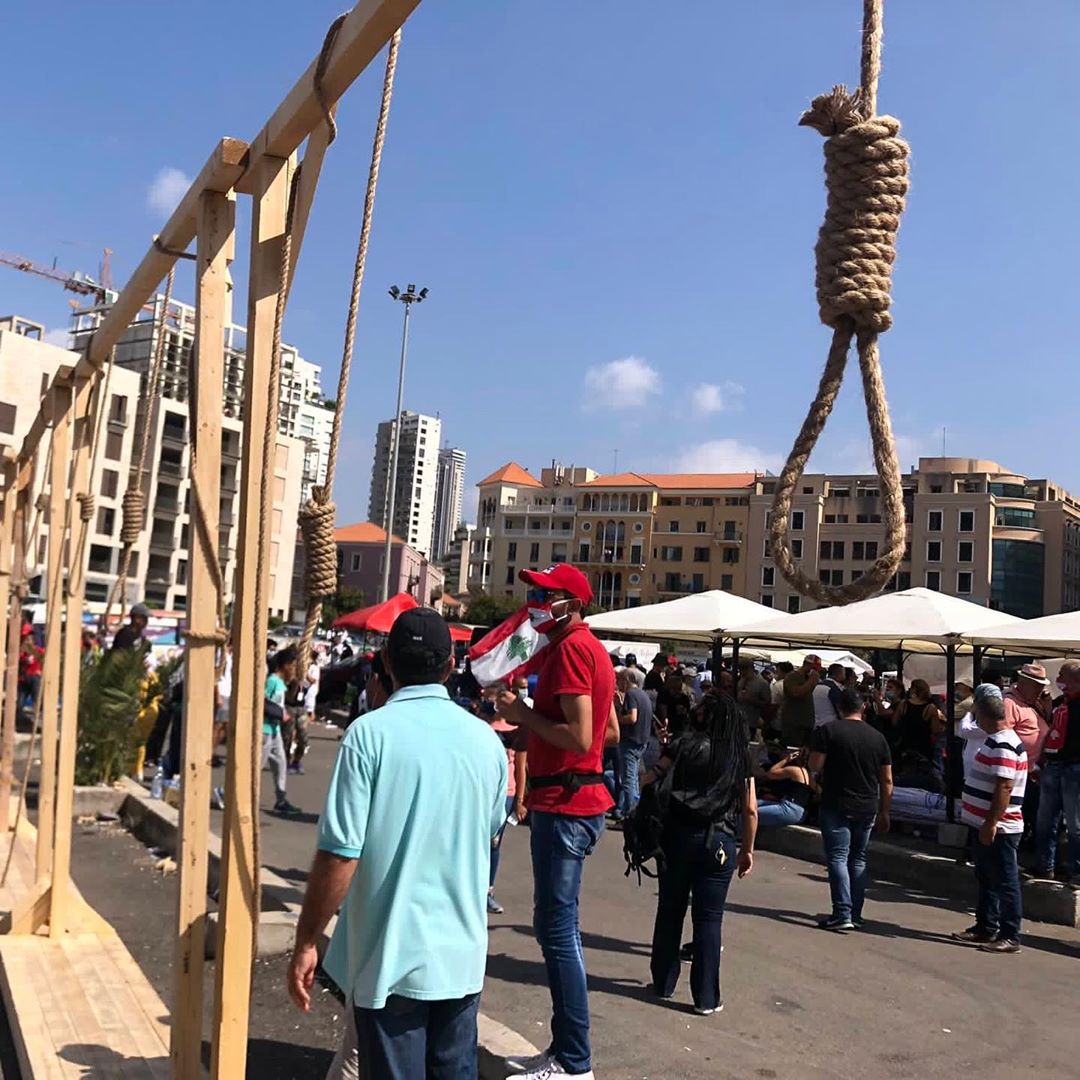
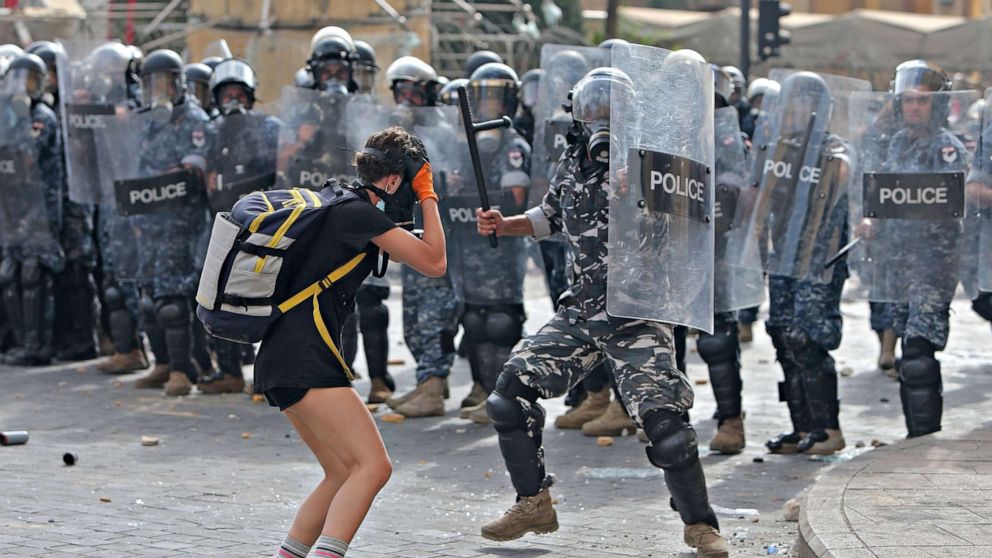
Lebanon’s economic woes only deepened with the coronavirus pandemic and these surface-level reforms, often the government’s go-to response to public outrage, cost the country dearly last Tuesday, August 4th, when a massive explosion nearly leveled Beirut. The blast resulted from the detonation of 2,750 tonnes of ammonium nitrate that had been stored unsafely at a warehouse in the port of Beirut since 2013. It is one of the most powerful non-nuclear explosions in history, according to researchers at the University of Sheffield.
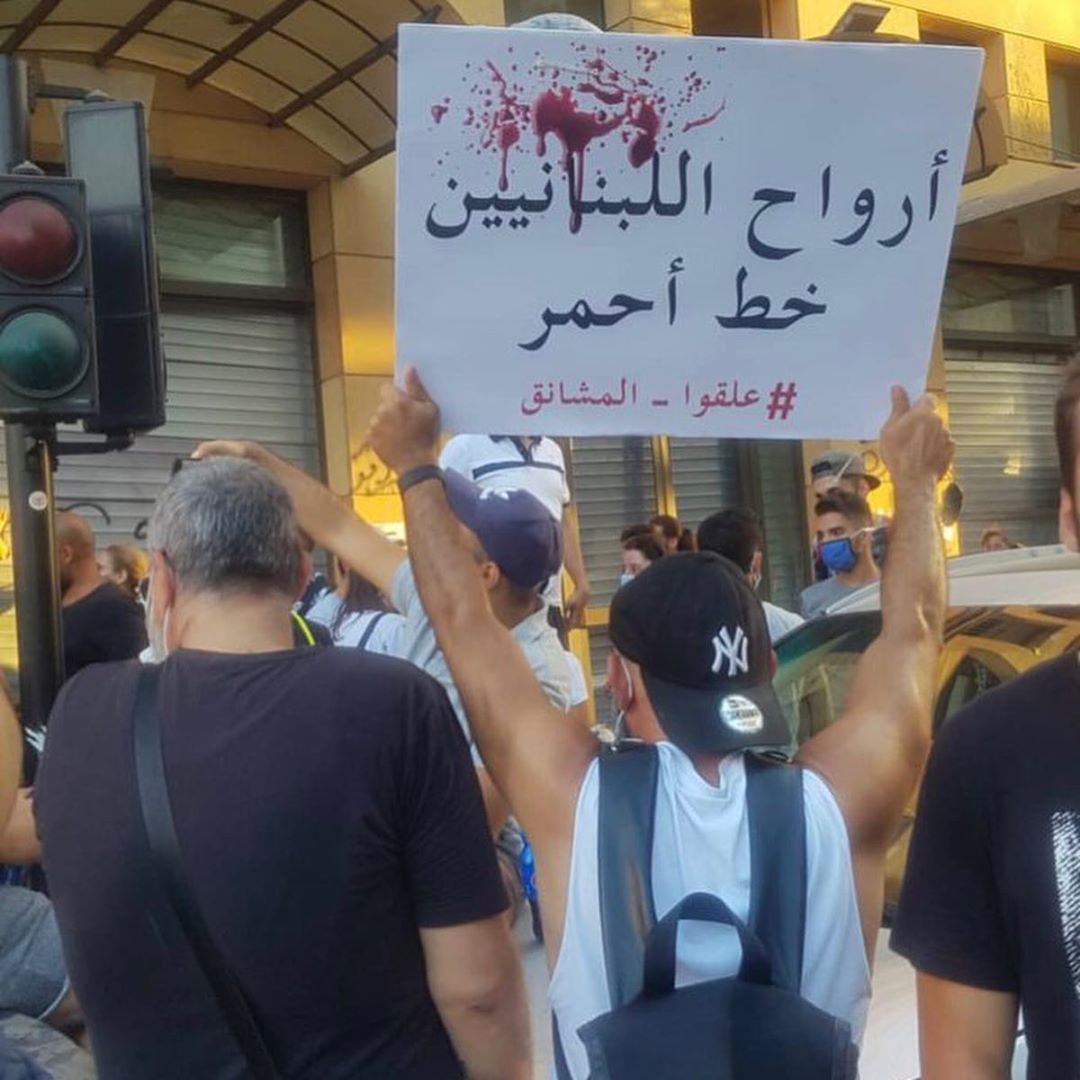

The explosion “sent seismic shockwaves that shattered windows, smashed masonry and shook the ground across the Lebanese capital,” according to Reuters, killing more than 200 people and injuring thousands. According to BBC, 300,000 people are now homeless due to the explosion and many are still missing, their fate unknown. Lebanese officials estimate that the blast caused more than $3 billion worth of property damage and may cost the country’s economy $15 billion.
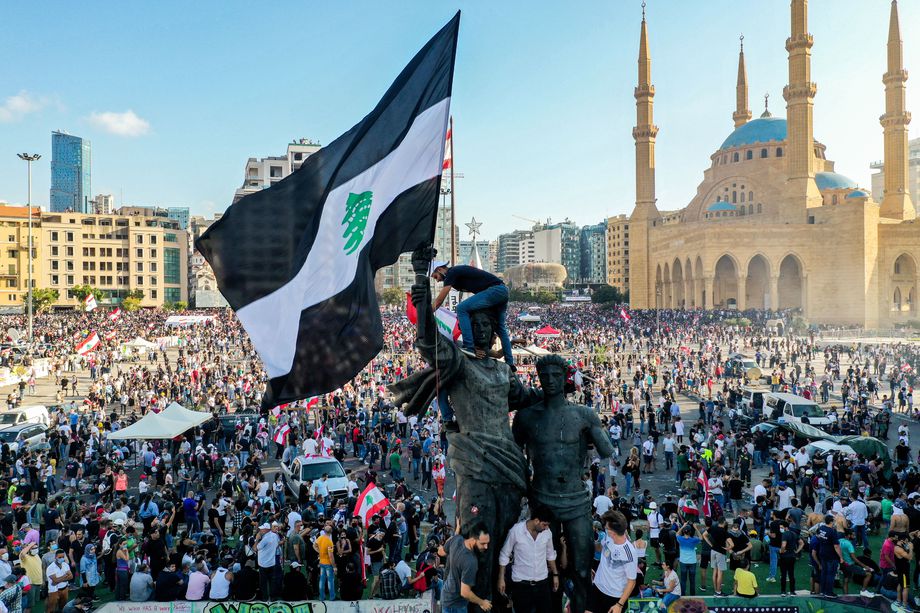
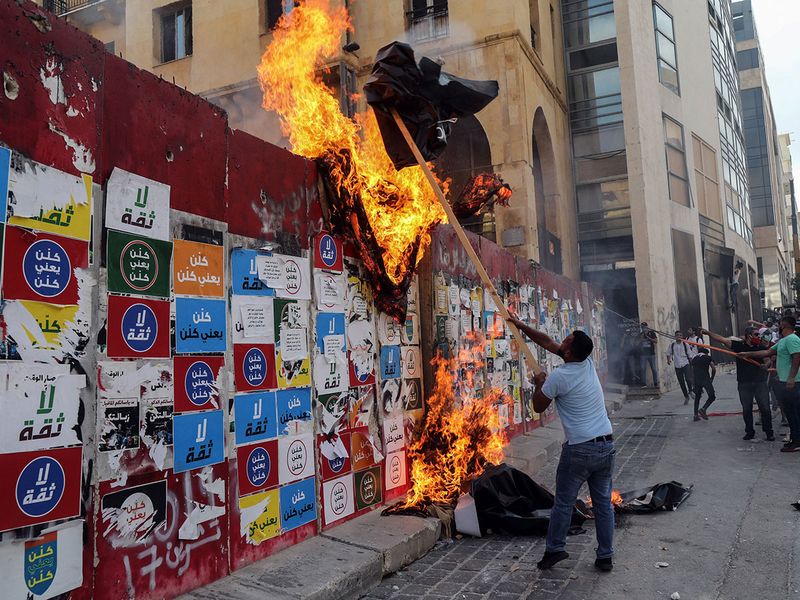
News reports confirmed that many Lebanese officials, including President Michel Aoun and now former Prime Minister Hassan Diab, were both aware of the ammonium nitrate shipment and the unsafe conditions it had been stored in. According to Megaphone News, both officials were warned about the danger ammonium nitrate posed in a letter by the General Directorate of State Security last July.
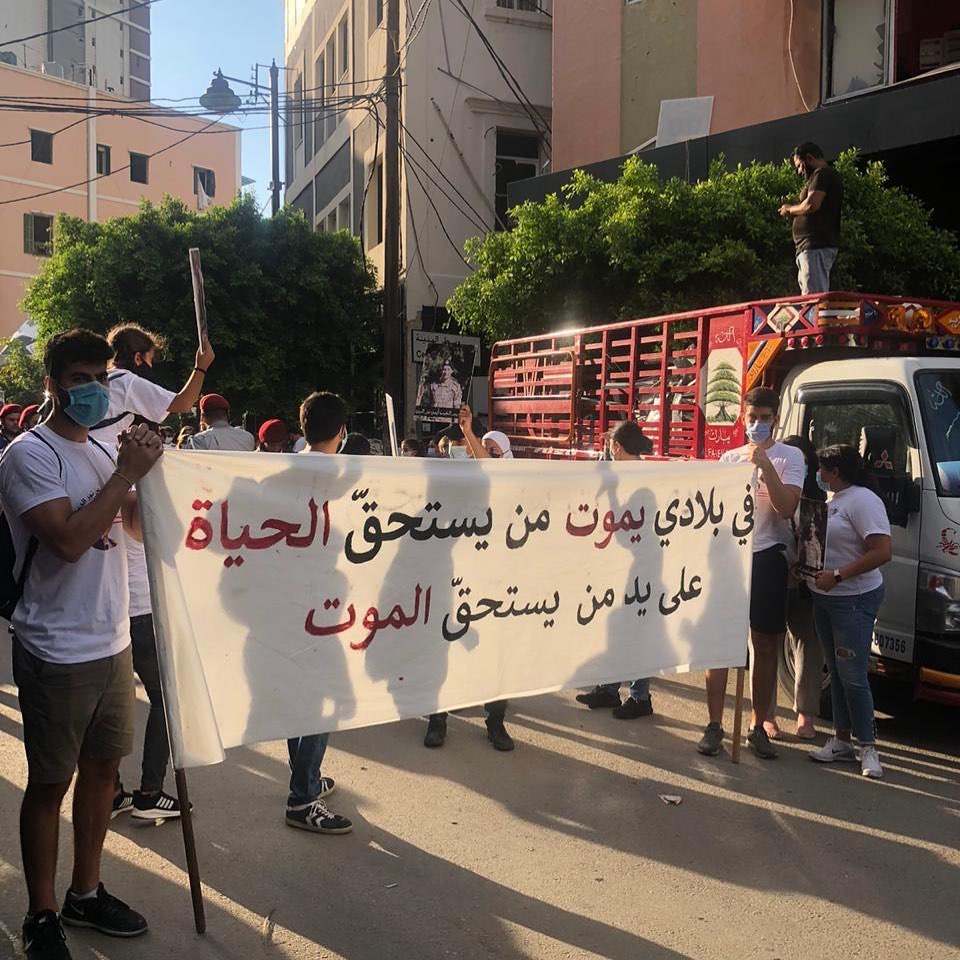
The blast has overwhelmed Beirut’s healthcare system, but most importantly, it has eroded all public trust in the Lebanese government and the country’s political class. Over the weekend, protesters took to the streets of Beirut to demand accountability for the gross incompetence and negligence displayed by the Lebanese administration. Protesters were met with tear gas and, in some cases, live ammunition by security forces. Activists reported excessive use of force and police brutality by authorities.
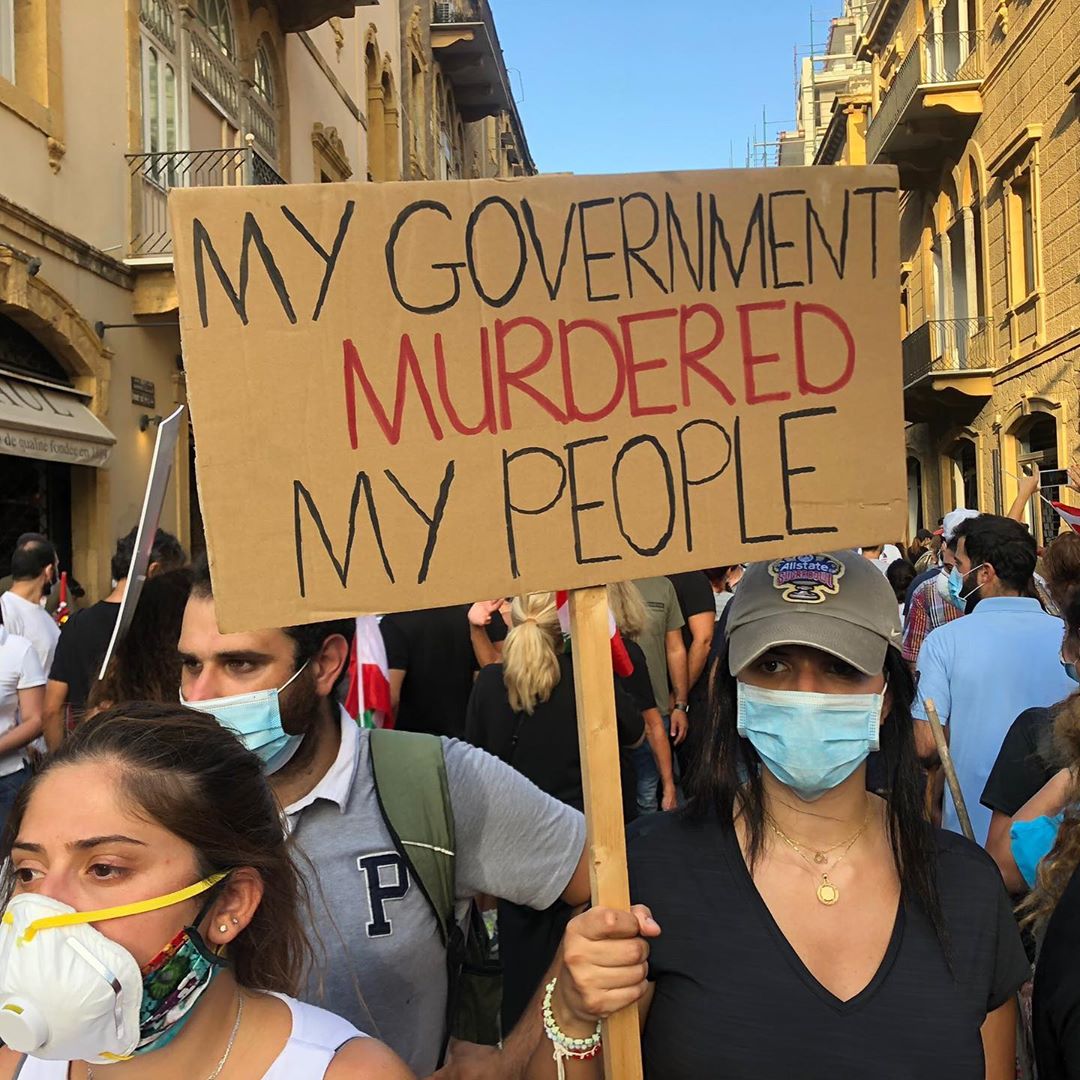
Protesters stormed government agencies and hung nooses for effigies of leading figures in Lebanon’s political class, marking a departure from the peaceful dissent shown in recent protest movements. This also shows the depth of the public’s outrage and frustration with a regime that has brought Lebanon to its knees with successive crises that could have been avoided with transparency, accountability and good governance, according to most commentators and observers.
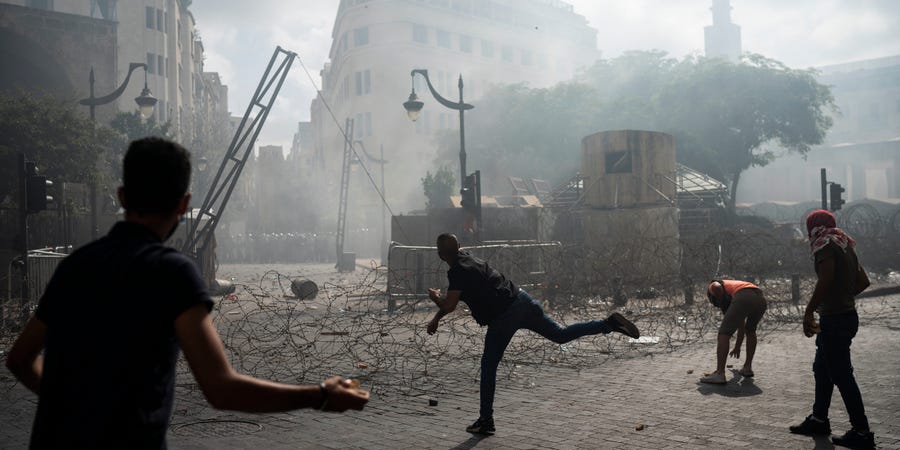
The public outrage and the protests it inspired caused Diab to step down and tender his cabinet’s resignation yesterday, but activists continue to call for political reforms and even regime change.
It remains to be seen whether the current Lebanese leadership will finally heed their people’s demands, but despite the incalculable loss and devastation, the Lebanese people proved once and for all that they are the true custodians of the land and that the seismic power of their rightful outrage far exceeds that of any explosion. The Lebanese leadership ignores that fact at its own peril.




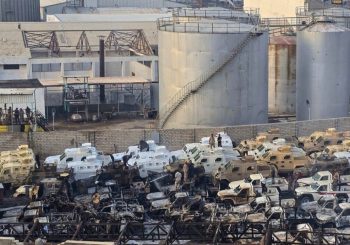

Comments (2)
[…] In Photos: Lebanon’s Rightful Outrage Is Greater than the Beirut Blast […]
[…] в исходном месте, вы можете перейти по ссылке ниже: https://egyptianstreets.com/2020/08/11/in-photos-lebanons-rightful-outage-is-greater-than-the-beirut…и если вы хотите удалить эту статью с нашего сайта, […]